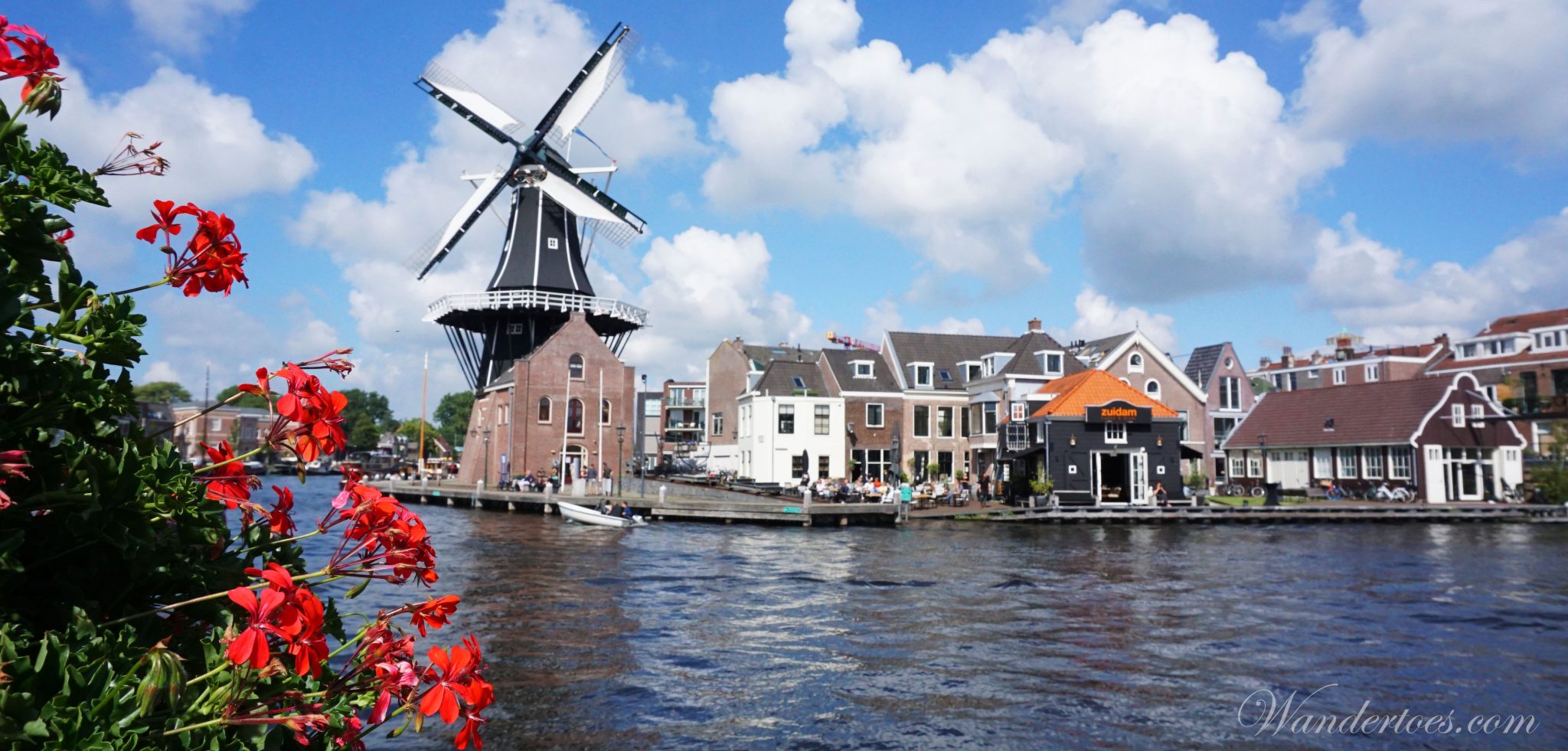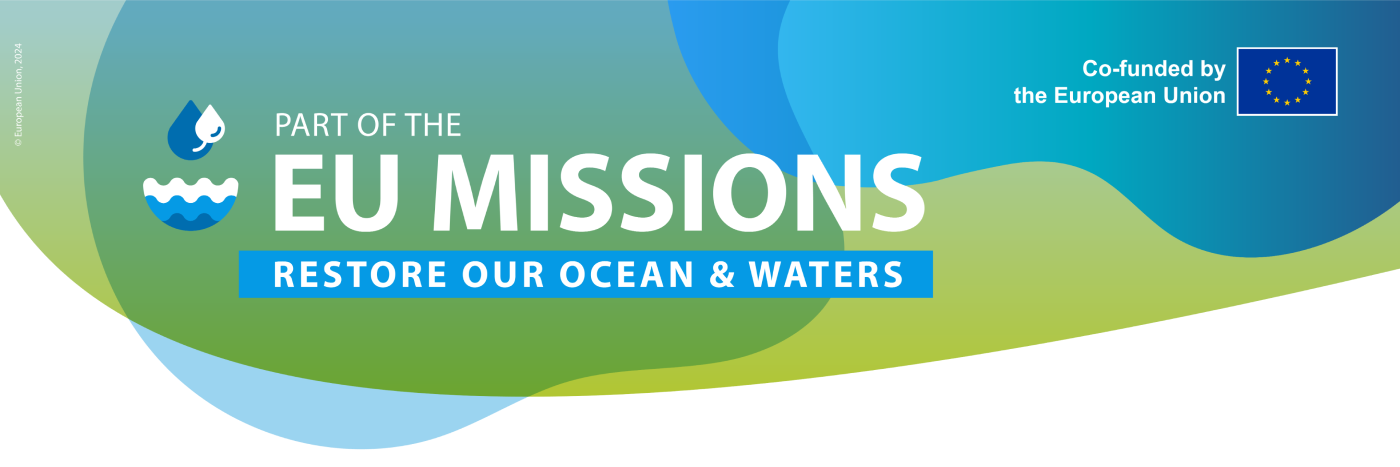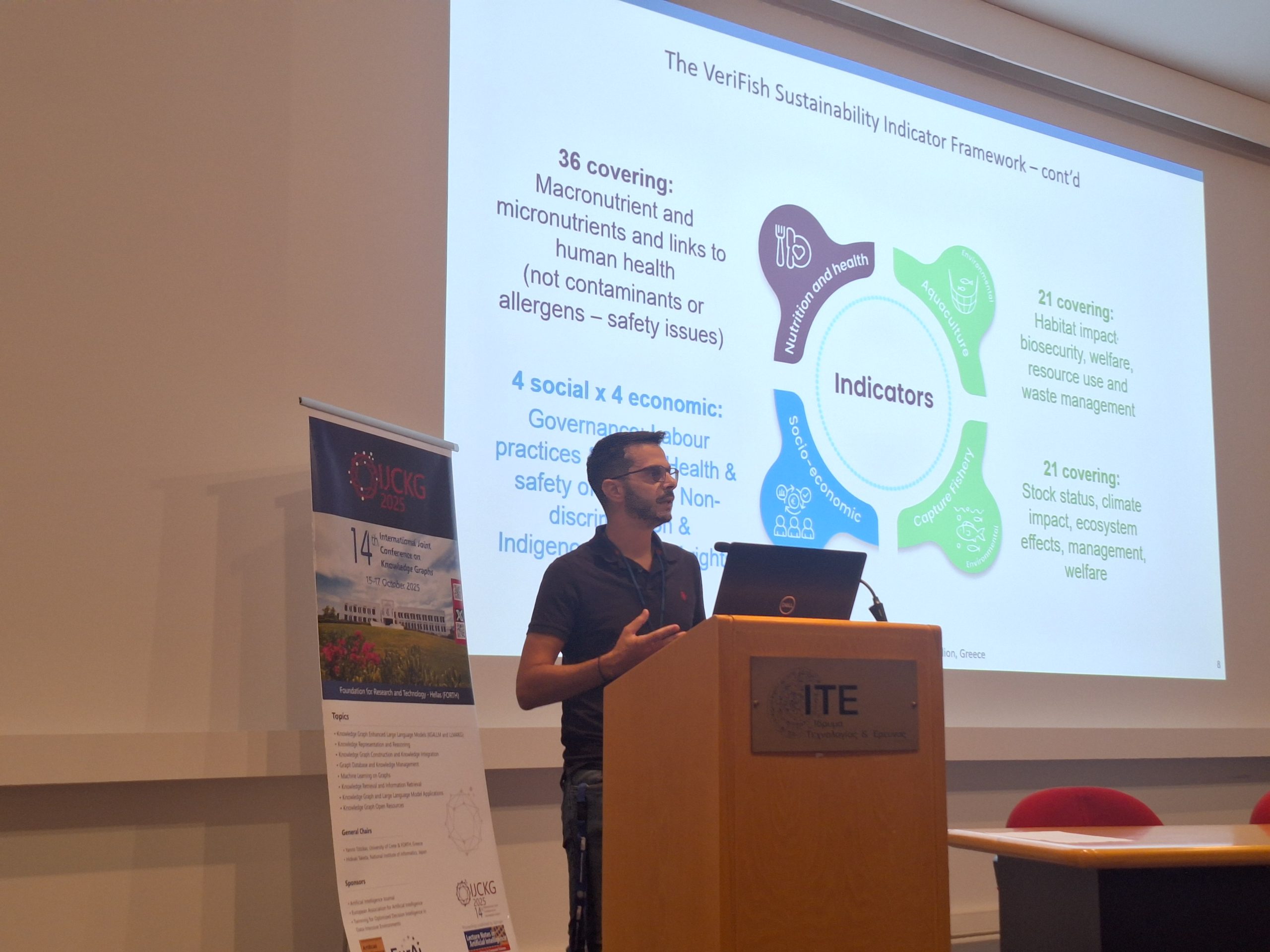Catch Welfare Platform’s Third Annual Event Adds Innovation Awards and Crustacean Welfare Workshop
The Catch Welfare Platform (CWP) has announced its third annual conference, returning as a free, in-person event from 19 to 21 November 2025 at Forteiland in the port of IJmuiden, the Netherlands.
Set against the backdrop of the world’s largest sea lock and a working fishing port, the location is symbolic of the event’s focus: improving welfare for wild-caught fish in real-world settings.
This year’s three-day conference will assemble global experts from science, the fishing industry, technology, and policy to exchange knowledge, debate standards, and showcase technical solutions. Delegates can expect keynote sessions, field visits, and two new competitive formats aimed at encouraging practical innovation.
Manager Michelle Boonstra said: “Our first event in Bergen, Norway, in 2023 successfully brought together people from across marine science and the fishing industry. While last year’s online format enabled global participation, in-person meetings offer far greater scope for meaningful collaboration and direct engagement. They also encourage stronger audience participation, and we look forward to hearing well-reasoned contributions from all involved.”
If you wish to attend, more information and the registration can be found at catchwelfareplatform.com
Conference Highlights
The conference begins with a boat ride to Forteiland on 19 November. The day opens with the Innovation Award ceremony, followed by pitches from the three finalists in the Advancing Catch Welfare Idea Competition.
Sessions on Day 1 will cover gillnet fishing, cod welfare, flatfish stunning, ropeless gear, and the updates on the innovative FloMo fishing system. The afternoon is themed “What Can AI Do for Fish Welfare?”, featuring demonstrations and a panel discussion with audience participation.
Day 2 will kick off with a presentation from Professor Wenbin Zhu of Zhejiang Ocean University about Fish Welfare Research in Chinese fisheries. This will be followed by a dive into the world of criteria, indicators and welfare footprints. The attendees are also invited to join the CWP team on a field visit to a demersal fishing vessel which is experimenting with the first flatfish stunner. The field visit also includes what hopes to be an insightful visit to a local fishing company.
A working lunch hosted by the EU-funded VeriFish project will explore how structured welfare and sustainability indicators could shape seafood communication. VeriFish is offering travel reimbursement for producers, retailers, and seafood associations attending the lunch and feedback session.
Crustacean Day and Industry Workshop
Day 3, known as “Crustacean Day”, begins with a series of presentations that will update us with the latest insights of the science on welfare of crab and lobster. Afternoon sessions will address practical handling, and the development of new universal best-practice standards for crab and lobster welfare. The goal is to better connect science with practical industry needs. The Crustacean Day is an invite only event. If you are working with crab and lobster, CWP encourages you to attend and contribute to the workshop. Anyone who has not been invited can do so by sending an email to: michelle@catchwelfareplatform.com.



CWP Offers Opportunity to Showcase Catch Welfare Innovations
The Catch Welfare Platform is inviting people to submit innovations or early-stage ideas that advance wild-caught fish welfare:
Catch Welfare Innovation Award
Entries for the Catch Welfare Innovation Award must demonstrate measurable impact over the past three years and will be judged on originality, welfare outcomes, and benefits to the fishing community. Winners will receive professional recognition, worldwide media coverage, a keynote speaking slot, and a handmade award trophy. The submission deadline is 26 September 2025, with results announced on 17 October 2025.
Catch Welfare Idea Challenge
CWP is also seeking proposals for its Catch Welfare Idea Challenge, open to anybody with promising concepts that require support to develop. The top three entries will be pitched live at the conference. The winner, chosen by audience vote, will receive €4,000 in seed funding and will also have the opportunity to be introduced to potential funders. The deadline for idea submissions is 26 September 2025.
The three chosen entries will be announced on 17 October 2025.
Full details and application forms of the award and idea challenges are available on the Catch Welfare Platform website.



